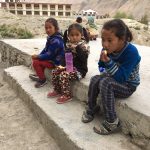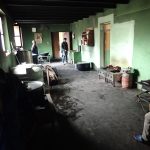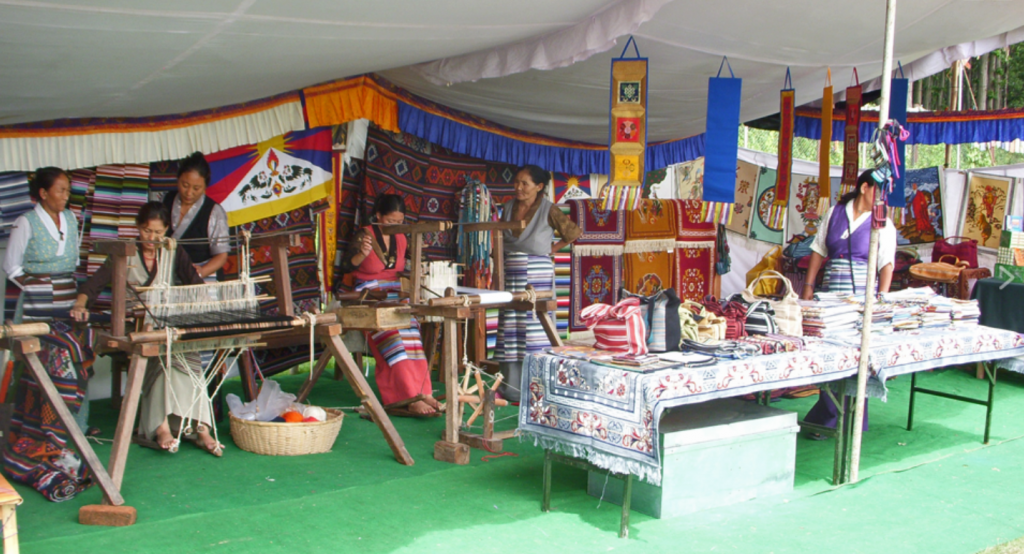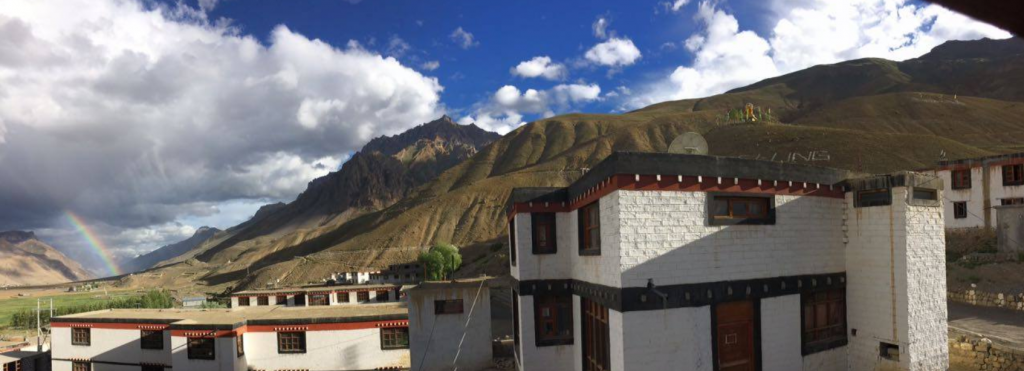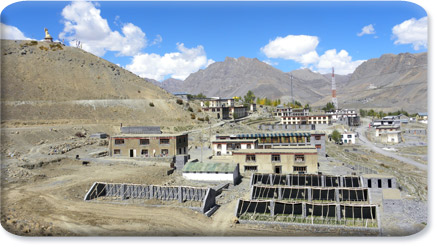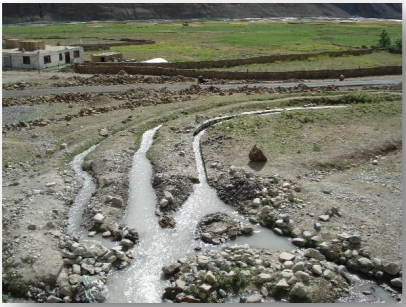Marion Tipple on her first visit to Spiti
Until 1993, Spiti was totally isolated. A high altitude desert valley lying on the border of India and Tibet, it was hidden behind the “Inner Line”, a no-man’s land between the super powers where only Indian Border Police were allowed.
The valley was populated by eight small villages and several Buddhist Monasteries, as it once had belonged to the Tibetan kingdom of Guge.
In 1996, I was one of the first foreigners to visit, attending a Kalachakra ceremony given by His Holiness, the Dalai Lama to celebrate the 1000th birthday of Spiti’s Tabo monastery. As we drove north through the valley following the ceremony, we came across “The School”, named Munsel Ling (from Darkness into Light) by the Dalai Lama, two days earlier. A long white building in the middle of the desert landscape Curious, we entered and were greeted by the young lama Tashi Namgyal from nearby Ki Monastery who had been instrumental in its construction. Lama Tashi proudly showed us around and introduced us to the students: 75 children, 2 kindergartens and one Class 1, boarded by local families. He shared his dreams of developing the school, one year at a time and building accommodation for his young charges, to provide education for the children of Spiti whose parents, subsistence farmers, were illiterate.
At that time, little did I realize that the school would become part of my life and to which I would return several times. Back home in Vancouver, to my surprise I discovered TRAS was supporting House Mother training and immediately joined the board.
Fast forward to 2019. The school is now a virtual village with students from kindergarten to Grade 12. The scruffy urchins, I first met, are now eloquent, educated young people who are helping to develop their community. Lama Tashi has realized his dream through much hard work and resilience. The people of Spiti are no longer considered unworthy of education. It is wonderful to see him honoured for his efforts, which he relentlessly pursues even today.
TRAS has been there from the beginning, assisting him financially with many projects over the years. TRAS sponsors have provided funds to train the first doctor, the first vet, engineers, teachers, nurses etc. The need continues and currently, I am proud to be sponsoring my third young person through medical school. These children are bright, intelligent and thirst for knowledge; they deserve to be supported in every way possible.
Congratulations to Lama Tashi.




